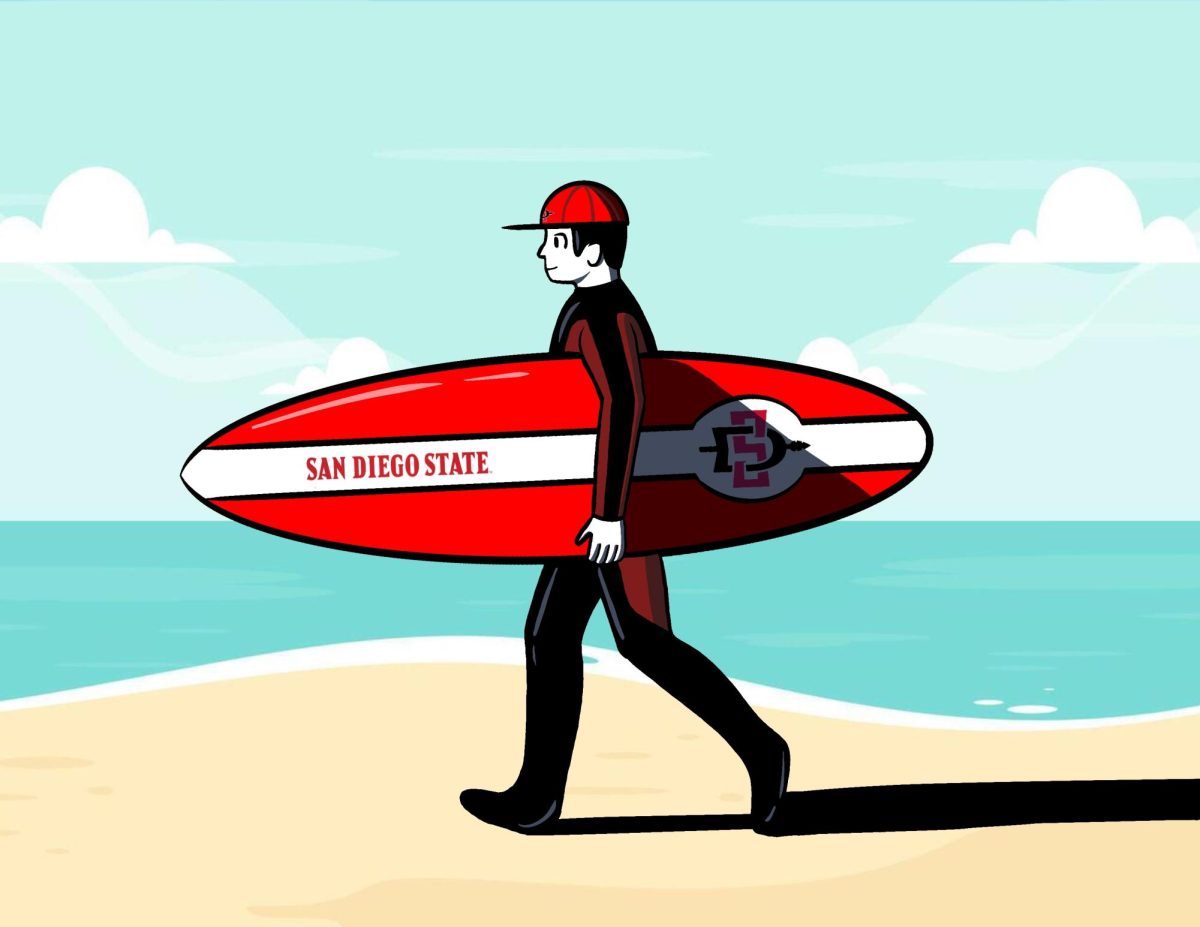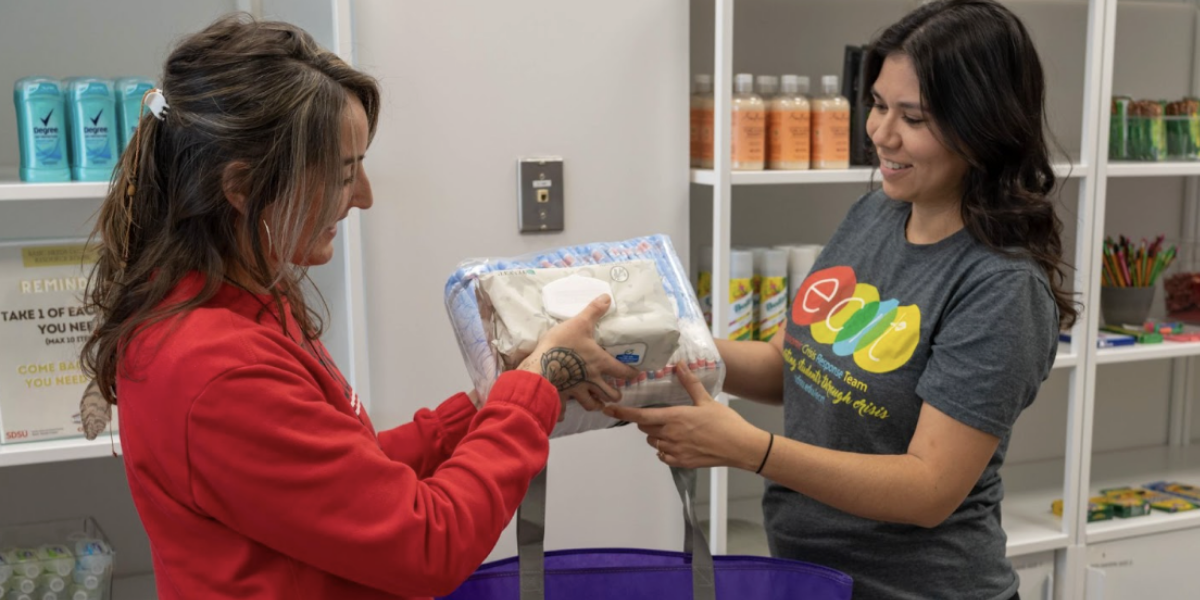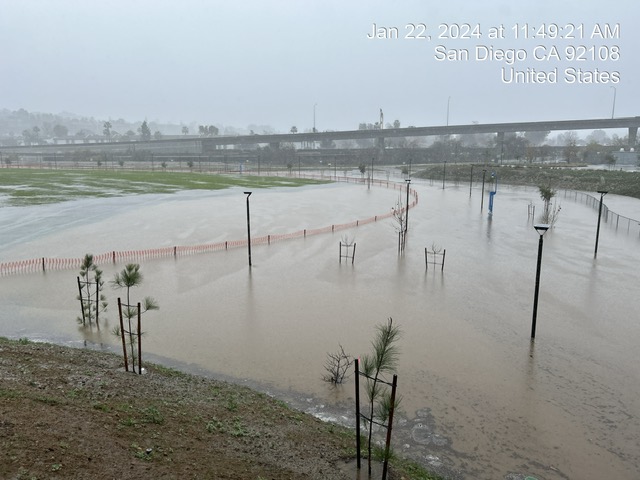From aerospace engineering to Tupac Shakur, the research presented at this year’s Student Research Symposium ranged near and far.
The SRS took place last Friday and Saturday with a total of 419 presentations of students’ research from each of the colleges at San Diego State. Since the program began in 2008, there has been a 42 percent increase in the number of participants.
The participants were divided into two categories: poster presenters and oral presenters. Students with poster presentations competed to win Provost’s Awards worth $150.
Students with oral presentations were eligible to win either a Dean’s Award worth $250, or a President’s Award worth $500. President’s award winners have the opportunity to present their work at the annual California State University research competition held in May at San Jose State.
“I’m extremely pleased with how it turned out this year,” Dr. Fred Kolkhorst, exercise and nutrition science professor, said. “Every year it is really heartwarming. I walk around and hear people say “these presentations were fantastic.’ It’s so neat and it’s hard to put words to how I feel about this.”
This year, there was a tie for both the Provost’s Award and the Dean’s Award categories.
“It feels great to win this award,” counseling and school psychology graduate student Jennifer Inaba said. “I feel that it was worth all of the research I have done and it’s exciting to share my information with everyone and receive such positive feedback. This has motivated me to publish my research.”
Inaba received a Dean’s Award for her research on the racial profiles of autism and mental retardation.
“Some races are more likely to be identified with one disability over the other,” Inaba said. “My research shows that unintentional racial bias might be impacting the disability label that is given to a student.”
Business administration graduate student Tiffany Eskilson was granted a President’s Award for her research on identity theft in San Diego.
“We worked with the CATCH Task Force, which is a law enforcement agency here in San Diego that works on prosecuting high-tech criminals,” Eskilson said. “We learned that college students are the most vulnerable to identity theft. Based on the research we had done, it takes college students twice as long to detect the identity theft. We created a survey to discover the awareness levels of college students across the county and found out how to market (anti-identity theft solutions) to them.”
Kolkhorst will be helping students polish a five-page paper that President’s Award winners are required to submit in 10 days in order to continue to the CSU research competition.
“It’s energizing to see students from ethnomusicology,public health, cell biology, computational sciences and over 50 other disciplines all getting together to share their work with the greater community,” Camelle Nebeker, director of student affairs, said. “The faculty mentors work closely with students as they become engaged in research and subsequently, prepare their work for the Student Research Symposium. To see student engagement in research shared with the collective campus community is something we all now look forward to.”






